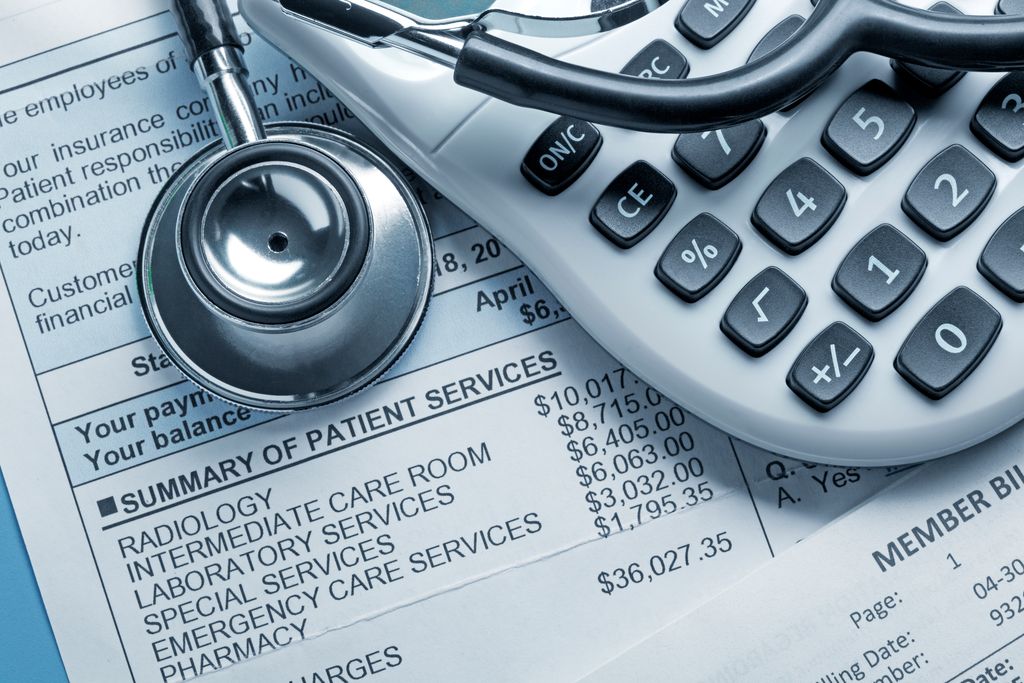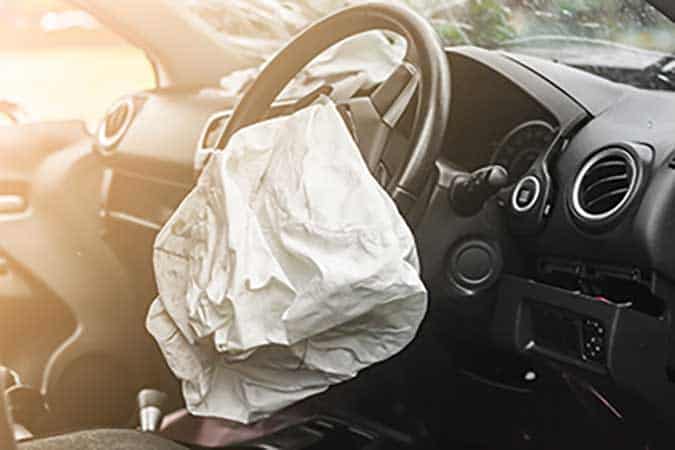What is the Difference Between Full Tort and Limited Tort Insurance in Pennsylvania?
In Pennsylvania, drivers have two different options for car insurance: limited tort coverage and full tort insurance. Limited tort insurance restricts the compensation a person can get from a personal injury case, and full tort allows the injury victim a much broader range of compensation options. At PhillyLaw, we have a team of experienced car accident attorneys who are dedicated to helping you seek the compensation you deserve, regardless of the specific terms of your automobile insurance policy. Whether you have limited tort or full tort insurance coverage, our legal experts understand the complexities of the law in Pennsylvania and are ready to guide you through the process. We believe that everyone deserves quality legal representation to secure the best possible outcome for their case. If you have suffered physical injuries due to a car accident, PhillyLaw offers a free consultation for you to learn more about your options to recover compensation.
Pennsylvania is a No-Fault Car Insurance State
Pennsylvania is one of the twelve states that are called no-fault car insurance states. The other thirty-eight states are considered tort states which means the at-fault driver’s insurance company will pay for the damages to the injured party including vehicle damages, medical bills, lost wages, and pain and suffering.
Pennsylvania’s unique position as a “choice no-fault” state impacts how car insurance claims are handled following a vehicle accident. In a no-fault system, drivers are generally required to file a claim with their own insurance company for medical expenses and lost income, regardless of who was at fault for the accident. This system aims to reduce the need for litigation by ensuring that victims receive compensation for their injuries without the need to prove fault, thereby streamlining the claims process. However, Pennsylvania allows drivers to choose between this no-fault coverage and traditional “at-fault” coverage when they select their auto insurance policy. This choice affects the policyholder’s rights and options after an accident, particularly regarding the ability to sue for damages such as pain and suffering.
Personal Injury Protection in Pennsylvania
Personal Injury Protection (PIP), also known as “no-fault” coverage, is a key component of auto insurance policies in Pennsylvania. PIP provides coverage for medical expenses, lost wages, and sometimes funeral costs for the policyholder and passengers injured in an auto accident, regardless of who is at fault. This coverage is designed to ensure that individuals have immediate access to funds for necessary medical treatment following an accident, without waiting for a fault determination. Pennsylvania law requires all auto insurance policies to include a minimum amount of PIP coverage, but policyholders have the option to select higher limits for greater protection. Opting for higher PIP coverage can offer additional peace of mind, knowing that you and your passengers will have access to more substantial financial support in the immediate aftermath of an accident.
Full Tort Vs Limited Tort Insurance in Pennsylvania
Limited Tort Car Insurance in Pennsylvania
Limited tort coverage in Pennsylvania is a cost-saving option that allows policyholders to pay lower premiums in exchange for giving up the right to seek certain damages in a personal injury lawsuit. Specifically, individuals who choose limited tort option can generally only sue for out-of-pocket medical bills, wage loss, and other actual monetary losses. They relinquish the right to claim compensation for “non-economic” damages, such as pain and suffering, unless the injuries meet the legal definition of “serious injury” under Pennsylvania law.
The Serious Injury Exception in Limited Tort Coverage
The “serious injury” exception plays a critical role in Pennsylvania’s limited tort scheme by allowing those who have opted for limited tort coverage to bypass its restrictions under specific circumstances. In the context of Pennsylvania law, a “serious injury” is typically defined as an injury that results in death, significant disfigurement, or a serious impairment of bodily function. This exception enables individuals with limited tort insurance who suffer such injuries in an auto accident to pursue claims for non-economic damages, including pain and suffering, similar to those with full tort coverage. Determining whether an injury qualifies as “serious” under this definition often requires thorough medical evaluation and legal analysis. At PhillyLaw, our personal injury attorneys are adept at navigating these complex determinations to ensure that our clients receive the full scope of compensation to which they are entitled, bridging the gap that limited tort coverage may seem to impose.
Full Tort Coverage in Pennsylvania
Full tort insurance in Pennsylvania offers drivers a more comprehensive level of protection compared to limited tort insurance. When choosing full tort coverage, policyholders retain the unrestricted right to seek compensation for damages in the event of a personal injury lawsuit. This includes not only out-of-pocket expenses, such as medical bills and wage loss, but also compensation for “non-economic” damages like pain and suffering. The ability to claim for non-economic damages is a significant advantage of full tort coverage, as it recognizes the broader impact an accident can have on an individual’s life beyond just financial losses. This type of insurance does come with higher premiums, but it provides a greater level of security and potential financial recovery after an accident. For those seeking maximum protection and the full scope of compensation available under Pennsylvania law, full tort insurance is the advisable choice.
The Other Driver’s Insurance Coverage
In the event of a car accident, the coverage provided by the other driver’s insurance company depends significantly on the type of insurance policy in place and the specific circumstances of the accident. In Pennsylvania, if the other driver is found to be at fault and has traditional at-fault coverage, their insurance is responsible for covering your medical expenses, property damage, and possibly other costs such as lost wages and pain and suffering. However, because of Pennsylvania’s “choice no-fault” system, if both drivers have chosen no-fault insurance, each party would typically file a claim with their own insurance company for medical expenses and lost wages, regardless of who is at fault.
Nevertheless, if you have selected full tort coverage, you retain the right to pursue a claim against the at-fault driver for non-economic damages that go beyond what PIP insurance covers. This diverges from limited tort coverage, which, while cheaper, restricts your ability to claim non-economic damages unless you meet the criteria for a “serious injury”. The other driver’s insurance might also cover repair or replacement costs for your vehicle and any other form of property damage. The personal injury lawyers at PhillyLaw understand these nuances and are adept at navigating post-accident procedures and ensuring that you achieve fair compensation.
How to Work with Your Car Insurance Company After a Car Accident in Pennsylvania
After experiencing a car accident in Pennsylvania, it’s crucial to know how to effectively work with your car insurance company to ensure that your claims process is smooth and that you receive the compensation you’re entitled to. Here are the steps you should follow:
Report the Car Accident Promptly
Contact an insurance company representative your insurance company as soon as possible after the car accident. Most policies require immediate reporting and full cooperation. Delaying this can complicate your claims process.
Document Everything
Collect as much information at the accident scene as you can. This includes photos of the damage to all vehicles involved, a copy of the police report, and the contact and insurance information from other drivers.
Review Your Insurance Policy
Understand the specifics of your coverage, whether you have limited tort coverage or full tort coverage, and what it means for your ability to claim. Knowing your policy inside out will help you understand what compensation you are entitled to.
File Your Claim
Follow your insurance company’s procedure for filing a claim. Be prepared to provide all the documentation you’ve collected about the accident and your damages.
Keep Detailed Records
Maintain a record of all conversations with your insurance company, including dates, the names of people you spoke with, and the details of the discussions. This will be invaluable if there are any disputes during the claims process.
Understand the Settlement Offer
Before accepting any settlement offers from your insurance company, ensure you fully understand the terms and whether the offer covers all of your losses. If you have full tort coverage, remember, you have the right to pursue compensation for non-economic damages as well.
Contact a Personal Injury Attorney at PhillyLaw
Especially in cases where you’re not satisfied with the settlement offer or if you face complications due to the type of coverage you have, consulting with a personal injury attorney can be beneficial. Experience in dealing with insurance claims under Pennsylvania law can provide guidance and potentially help you obtain a better outcome.
Following these steps after a car accident will help you work more effectively with your insurance company and assist in the recovery process, ensuring you’re compensated fairly under the terms of your insurance policy.
PhillyLaw Understands Insurance Coverage Options in Pennsylvania to Help Our Clients Seek Maximum Compensation for Personal Injury
PhillyLaw possesses an in-depth understanding of the intricate insurance coverage options available in Pennsylvania, equipping our team to assist you in navigating through the complexities of your case. With our expertise, we aim to secure the maximum recovery possible for our clients for injuries sustained in car accidents. We are well-versed in both limited tort and full tort insurance options, understanding how each can impact your ability to recover damages for medical expenses, wage loss, and non-economic damages like pain and suffering. Our team is dedicated to analyzing your specific situation, advising on the best course of action, and representing your interests both in and out of court. At PhillyLaw, we leverage our knowledge of Pennsylvania’s insurance laws to fight for the compensation you deserve, ensuring that our clients are not left to navigate the aftermath of an accident alone. Contact us today for a free consultation.









